Bladder infection is a type of common UTI (urinary tract infection). When bacteria enter the urethra and travel into the bladder, the infection develops. The bladder is infected through the urethra when the bacteria go through it and attach itself to the walls of the bladder. They then multiply and infect the bladder.
The infection causes many discomforting symptoms. It can also cause abdominal cramping and pain while urinating after a sudden urge to urinate. It can be fatal if left untreated. This is because the infection can spread rapidly to the blood or kidneys. A combination of home and medical treatments can ease these painful symptoms.
One of the standard modes of infection in women is intercourse or urination, as the urethra is straight and short. The germs can easily reach the bladder because of this.
Changes in hormonal levels and the immune system may make a person generally more vulnerable to infections. Infections are more common in pregnancy and just before a period. As women age, tissues of the bladder and urethra become drier and thinner with age. Menopause or a hysterectomy also leads to a higher chance of infection.
A standard urine test can make the diagnosis simple. It can identify the cause of the infection and the appropriate treatment, which is antibiotics. However, recurrent infections are prevalent, and studies have shown that women are at a 20% – 30% higher risk of contracting a recurrence of diseasethe. Some also within three to four months of an initial UTI.
Here are some herbal tea options that can soothe the irritability caused due to the infection.
1. Chamomile Tea for Bladder Issues and Infection
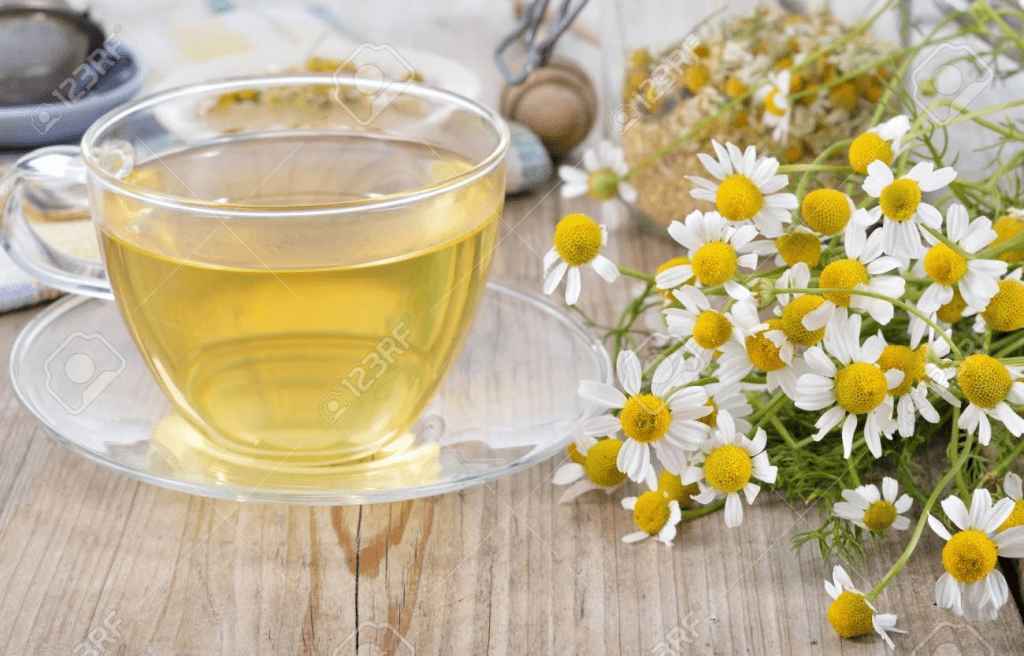
Source: 123rf.com
Being one of the oldest medicinal plants globally, Chamomile has found extensive use today in the modern world. Chamomile tea is the go-to tea for multiple problems; its excellent antioxidant, anti-inflammatory benefits are perfect for treating hemorrhagic cystitis. As it is widely available, it is easy to take advantage of its soothing and calming benefits.
Adding chamomile tea to bath water is a restorative procedure with antiseptic advantages.
2. Bearberry Tea for Bladder Issues and Infection
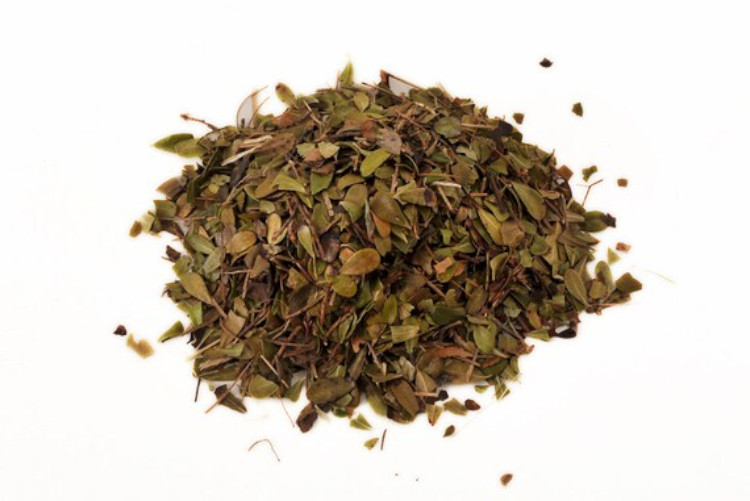
A study of 57 women with recurrent UTIs, bearberry (uva ursi), effectively suppressed further infection. Bearberry acts as an antibacterial, urinary antiseptic, astringent, and healer to the mucous membranes of the urinary tract. It is also a diuretic. It is indicated for cystitis (infection of the bladder), urethritis (inflammation of the urethra), and acidic urine through its astringent and antiseptic effects. It is usually administered in the form of an infusion (herbal tea), which has a soothing and marked diuretic action(due to the glucoside Arbutin). Of great value in diseases of the kidney and bladder. It also strengthens the urinary passages. During its excretion, Arbutin exercises an antiseptic effect on the urinary mucous membrane. Bearberry leaves are, therefore, used in inflammatory diseases of the urinary tract.
3. Peppermint Tea for Bladder Issues and Infection
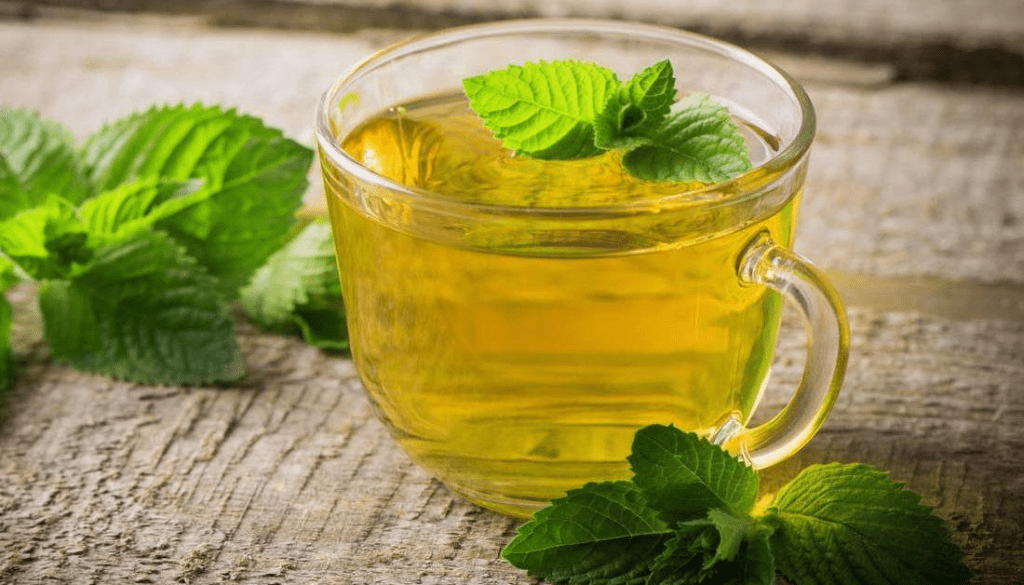
Peppermint is popular for settling stomach issues, improving digestion, and refreshing the appetite. The menthol in this tea slows down oil production, helps with hair loss, encourages cell turnover and hormonal issues. This is, therefore, acts as an excellent pacifier for any pain caused by bladder infections.
4. Dandelion Tea for Bladder Issues and Infection

Dandelion root (Taraxacum officinale) is an excellent remedy for bladder infection. Thanks to the bitterness in the root, the taste buds are triggered. This, in turn, stimulates the bile production and promotes its flow.
Native Americans have used it for centuries, and even today, doctors recommend it for its medicinal properties.
The root contains Vitamins A, B, C, zinc, iron, potassium, and other such minerals, which act as antioxidants and help with reducing pain. It prevents pain from increasing. It also contains vitamins A, B, C and the minerals iron, potassium, and zinc, which all act as a blood and digestive tonic.
5. Cornsilk Tea for Bladder Issues and Infection
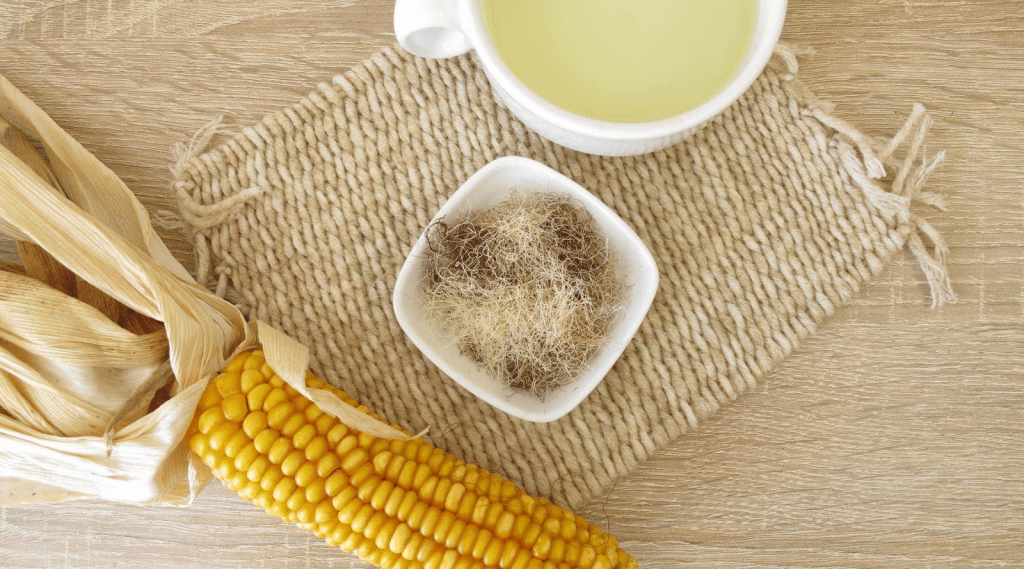
Cornsilk, also called Zea mays, is an herbal remedy made from the yellowish thread-like strands found inside the husks of corn called stigmas. They are found only on the maize. They measure 4–8 in and are collected and used before the plant is pollinated for medicinal use. Cornsilk can also be collected from corn cobs for use as a remedy. It has soothing demulcent or mucilaginous properties. This helps in soothing the irritated mucous membranes. It also has a diuretic effect. Rich in silica and other minerals, which help strengthen the tissues.
Cornsilk is available in dried form also although it best used when fresh. Cornsilk is available commercially in capsule form, as an extract, and in powdered form. Cornsilk tea can be made by pouring 1 cup of boiling water over 2 tsp of cornsilk (dried). The mixture is then covered. It is then steeped for about 10–15 minutes. Best when consumed three times daily.
6. Horsetail Tea for Bladder Issues and Infection
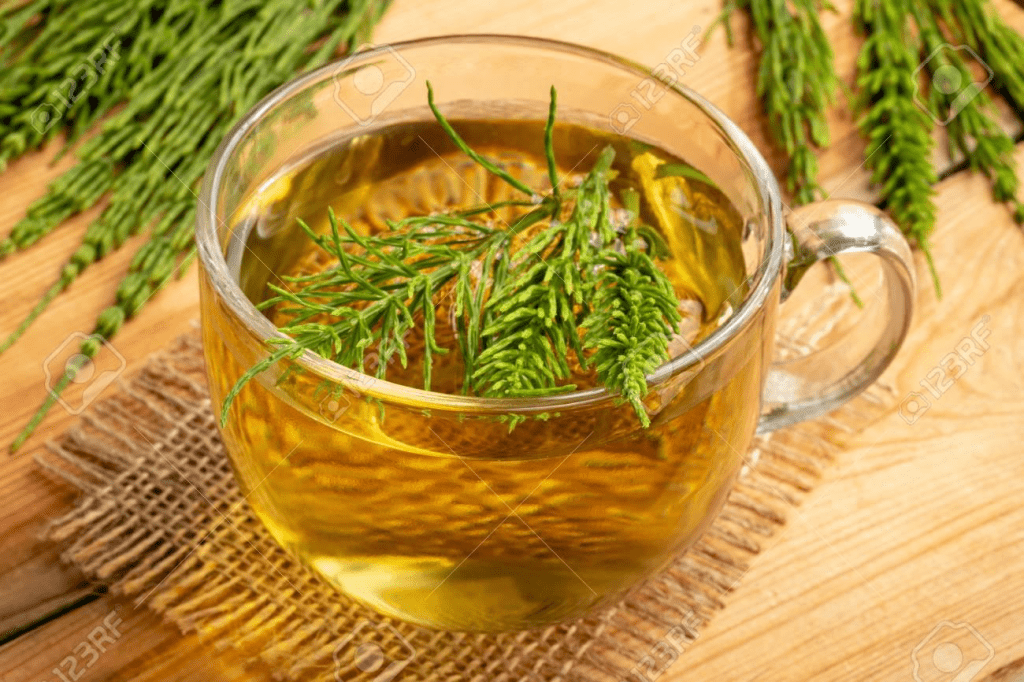
Horsetail is an ancient plant with fossils found from prehistoric times. It has an herbal tradition of use in China, Russia, parts of Europe, and North American Indians. It was widely used in Europe as a topical wound healing herb. Horsetail makes an effective natural diuretic. In modern medicine, a diuretic is usually supplemented by potassium to replace the potassium lost in the urine. Horsetail, however, has its built-in way of helping the body maintain potassium levels. In a regular diet, the ratio of potassium to sodium is about 2:1, but in horsetail, it is 150:1, which means any potassium lost by its diuretic action is replaced naturally.
In the last century, horsetail was used to treat tuberculosis and is now used for conditions where tissue repair to damaged lungs is required. Horsetail is also used to curb excessive menstrual bleeding through its astringent and toning properties, which also help to soothe an infected bladder and UTI issues.
In combination with other herbs, horsetail is used in cystitis (bladder infection) and interstitial cystitis (inflammation of the layer between bladder lining and muscle). Its effectiveness is thought to come from its alkalinizing effect on urine and from the fact that it makes the bladder wall less permeable to bacteria. Horsetail has long been used to alleviate both kidney and bladder stones, having a solvent effect on uric stones. It is also helpful in toning and healing the wall of the bladder, significantly strengthening the bladder sphincter. This makes the horsetail very valuable in conditions where frequent urination is due to a weak bladder sphincter.
Home remedy tip: Find critical ingredients that soothe and hydrate the urinary system, reduce inflammation, infection, and strengthen the urinary mucous membranes. The blend may contain Dandelion leaf, Olive leaf, Peppermint leaf, Uva ursi leaf, and Lemon myrtle leaf. Steep 1 tsp for a cup of boiled water. Drink 3-4 cups per day as a hot or cold tea.
Pro tip: Remember to tell your health practitioner if you’re pregnant or breastfeeding as many herbs like medicine may be contraindicated. These herbs do not replace antibiotics when they are needed. They may be used in conjunction to strengthen the urinary tract mucous membranes or to prevent an infection.
SOURCES:
- 7 herbal remedies for urinary tract infections: https://www.stuff.co.nz/life-style/well-good/teach-me/77170050/7-herbal-remedies-for-urinary-tract-infections
- 8 Herbs and Natural Supplements for UTIs: https://www.healthline.com/nutrition/herbs-for-uti
- The anti-inflammatory activity of Zea mays (corn silk): https://www.pharmatutor.org/articles/anti-inflammatory-activity-of-zea-mays-corn-silk



